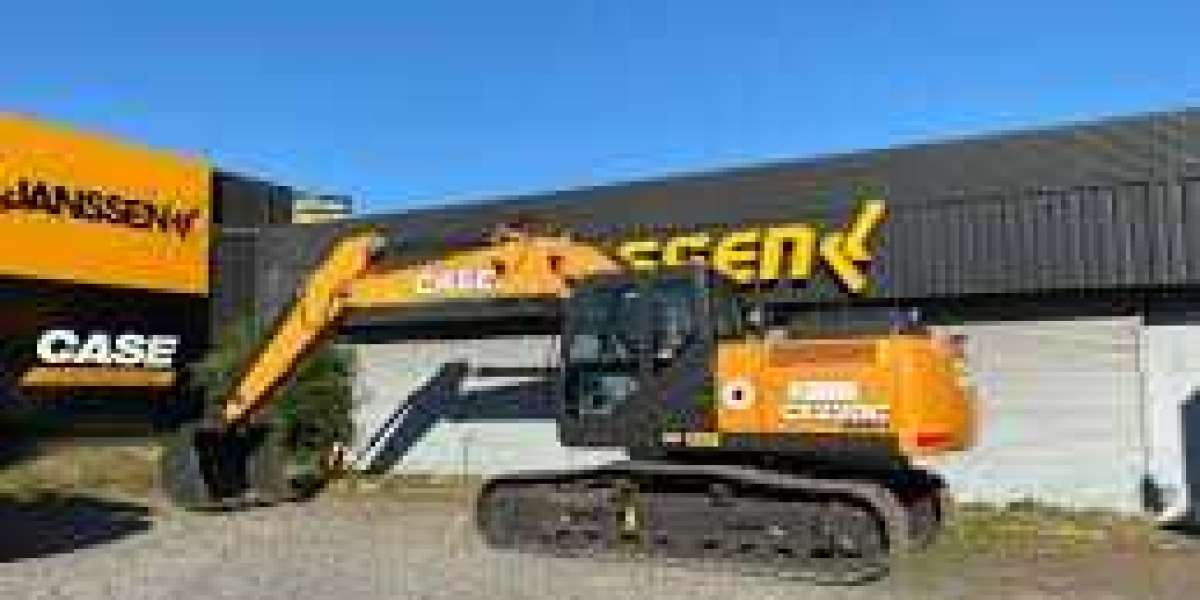In the dynamic landscape of construction projects, efficiency and performance are paramount. Every aspect of the construction process, from ground preparation to final finishing touches, plays a crucial role in achieving optimal results. Among the essential tools in a construction arsenal are construction rollers, which serve a variety of purposes that contribute to project success.
Introduction to Construction Rollers
Construction rollers are versatile machines designed to compact soil, asphalt, gravel, and other materials to create a solid, durable foundation for structures, roads, and other infrastructure. Their ability to apply pressure evenly across surfaces helps to eliminate air voids and achieve the desired density, enhancing stability and longevity.
Key Features and Benefits
Versatility: Construction rollers come in various sizes and configurations to suit different project requirements. From small walk-behind models ideal for compacting tight spaces to large, ride-on rollers capable of covering expansive areas efficiently, there's a roller for every job.
Efficiency: With their powerful engines and advanced hydraulic systems, modern construction rollers deliver exceptional compaction performance while minimizing downtime. This efficiency translates to increased productivity and cost savings for construction companies.
Precision Control: Many construction rollers are equipped with advanced features such as vibration frequency adjustment and intuitive controls, allowing operators to achieve precise compaction results tailored to specific soil or asphalt conditions.
Durability: Built to withstand the rigors of construction sites, construction rollers are engineered with robust materials and components that ensure long-term reliability, even in harsh environments.
Environmental Considerations: As sustainability becomes increasingly important in construction practices, manufacturers are developing construction rollers with eco-friendly features such as reduced emissions and fuel consumption, contributing to a greener construction industry.
Applications of Construction Rollers
Construction rollers play a vital role in a wide range of construction projects, including:
- Road Construction: From highways to residential streets, construction rollers are used to compact asphalt and ensure smooth, durable road surfaces.
- Landscaping: In landscaping projects, construction rollers help create level ground for parks, playgrounds, and recreational areas.
- Building Foundations: Proper compaction of soil is essential for stable building foundations, making construction rollers indispensable in the early stages of construction.
- Infrastructure Development: Whether it's building bridges, dams, or airports, construction rollers are instrumental in preparing the ground for large-scale infrastructure projects.
Choosing the Right Construction Roller
Selecting the appropriate construction roller for a project requires careful consideration of factors such as soil type, compaction density requirements, and site conditions. Working with reputable equipment suppliers and consulting with experienced professionals can help ensure the right choice for optimal results.
Conclusion
Construction rollers are indispensable tools in the construction industry, offering unmatched efficiency, precision, and durability. By investing in high-quality rollers and leveraging their capabilities to the fullest, construction companies can enhance productivity, minimize costs, and deliver superior results on every project. Embracing the latest advancements in construction roller technology ensures that projects are completed safely, efficiently, and to the highest standards, driving success in an ever-evolving industry.














